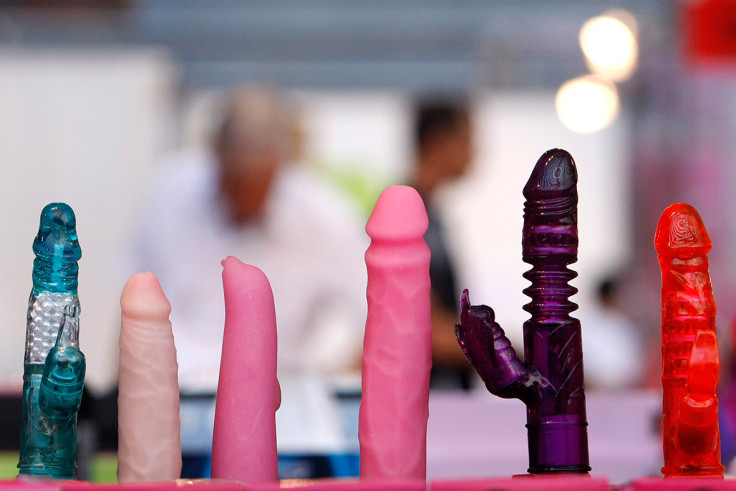Schools must teach kids about using sex toys – it's fundamental to their well-being
Stephanie Alys, co-founder of sex toy firm MysteryVibe, thinks sex education in UK schools must include a frank discussion about sex toys.

After a long campaign by charities, feminist organisations and sex educators, the UK government has finally agreed to make sex education compulsory in schools. This is fantastic news, and long overdue: young people have a complex world to navigate, and piecemeal sex education, reliant on the whims and misconceptions of some schools, is not good enough.
When it comes to young people and sex, a lot of the focus has been on pornography – thanks to the internet, young people can now instantly access some pretty hardcore (and often disturbing) stuff. This is an important debate but another one, which has received far less attention and will have a huge impact on children and young adults, is sex toys.
DIY sex toys aren't safe
Occasionally a story goes viral about some poor soul being rushed to A&E with a "foreign object" stuck inside them. Thankfully, incidents involving misplaced curtain rings and vegetables are becoming rarer among adults.
But what about young people? At the moment, we're not educating them about body-safe sex toys. We may teach our them how to put a condom on a banana – but they will want to experiment, and are more likely to masturbate before getting intimate with another person.
For lots of girls and boys, that will mean inserting dangerous phallic-shaped objects inside themselves, which they believe will give them pleasure.
We're talking about vegetables, hair brushes, mobile phones, shampoo bottles, curling wands, toothbrushes... all of these everyday items have the potential to cause a lot of harm to young people's bodies if used in the wrong way.
DIY sex toys are a recipe for bad news. Household objects simply aren't designed as masturbation aids and can cause far more problems than pleasure.
Vibrating objects like electric toothbrushes collect and grow bacteria in their grooves, which can cause infections, such as thrush. Items like shampoo or wine bottles can get stuck because they cause a vacuum effect, and don't have the flared base needed for safe anal play.
And that's before we even start talking about materials. Sex toy manufacturers know which plastics are safe to put inside the body and which aren't. Do your children? Do you?
Young people continue to masturbate with dangerous items because not educated to understand how to pleasure themselves and stay safe at the same time.

The future of sex education and sex toys
Fortunately, we can solve this problem by ensuring that, as sex education becomes mandatory for schoolchildren in the UK, it is not limited to an outdated penis-in-the-vagina, "don't get pregnant or catch a disease" rhetoric.
We need to teach children about sex and intimacy, and modern technology has a huge part to play. There are already websites for young people that give information on safe sex toy materials, and masturbation.
But schools and teachers must also be ready to embrace the technological revolution, and discuss safe sex toy practices with their pupils.
And of course, we also recognise our responsibility as a pleasuretech company to promote body-safe toys and explain why they're far superior to any improvised devices that young people might use at home when their parents aren't looking.
I hope that in a couple of generations, we'll see far fewer young people experimenting with DIY sex toys because they have the information and the confidence to explore their sexuality in a body-safe way. Thankfully, that will also mean far fewer embarrassing trips to A&E
Stephanie Alys is the co-founder and chief pleasure officer of MysteryVibe, a sextech company. She can be found tweeting: @StephanieAlys.






















